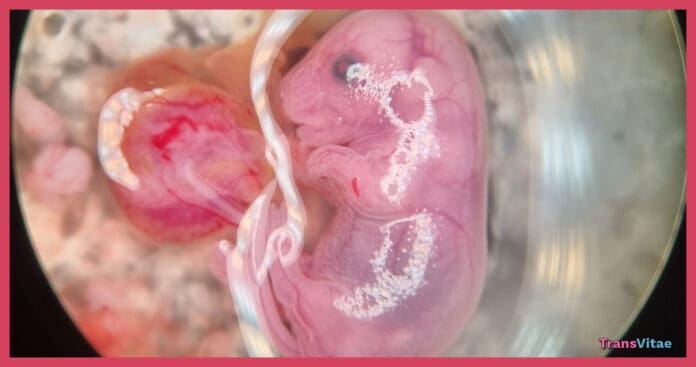In a landmark discovery that challenges long-standing beliefs about sex determination in mammals, researchers have found that maternal iron deficiency during pregnancy can lead to male-to-female sex reversal in mouse embryos. The study, published in Nature, marks the first documented instance where an external environmental factor has been shown to alter the sexual development of a mammal, independent of its genetic makeup.
Unveiling the Mechanism
Led by Dr. Makoto Tachibana at Osaka University, the research team investigated the effects of iron deficiency in pregnant mice. They discovered that low iron levels impair the function of KDM3A, an iron-dependent enzyme crucial for activating the Sry gene, the gene responsible for initiating testis development in XY embryos. When KDM3A activity is compromised, Sry expression is suppressed, leading to the development of ovaries instead of testes in genetically male embryos.
In their experiments, six out of 39 XY mouse embryos from iron-deficient mothers developed ovaries, indicating a complete sex reversal. Additionally, one intersex mouse was observed, possessing both an ovary and a testis. Treating pregnant mice with a drug that sequesters iron yielded similar results, further confirming the link between iron levels and sexual development.
Implications for Human Health
While the study’s findings are currently limited to mice, they open new avenues for exploring how maternal nutrition and environmental factors may influence sexual development in humans. Iron deficiency is a common nutritional issue worldwide, particularly among pregnant individuals. Although direct parallels to human development remain speculative, the research underscores the importance of adequate maternal nutrition during pregnancy.
Dr. Tachibana emphasized the need for further investigation: “At this point, we do not know if a similar process could occur in humans. It would be difficult to find such low iron values naturally. However, it’s a very important question that deserves to be investigated.”
Relevance to the Transgender Community
This study contributes to a growing body of research highlighting the complexity of sexual development and the potential influence of environmental factors. For the transgender community, these findings may offer a deeper understanding of the biological diversity underlying gender identity and expression. While the research does not directly address human gender identity, it challenges the binary perception of sex and emphasizes the need for inclusive and nuanced discussions around gender.
The Bottom Line
The discovery that maternal iron deficiency can cause sex reversal in mice represents a significant advancement in our understanding of sexual development. It highlights the intricate interplay between genetics, epigenetics, and environmental factors and points out the importance of maternal health and nutrition during pregnancy. As research progresses, these findings may inform future studies on human development and contribute to more inclusive perspectives on sex and gender.
For more information, you can access the full study here: You can access the full study in this Nature Article and find related news coverage in the EL PAÍS Article.


